HFX Conversations is HFX’s online publication. HFX Conversations is dedicated to bringing ideas and opinions from democratic leaders to the wider public and will publish essays and interviews when they need to be published.
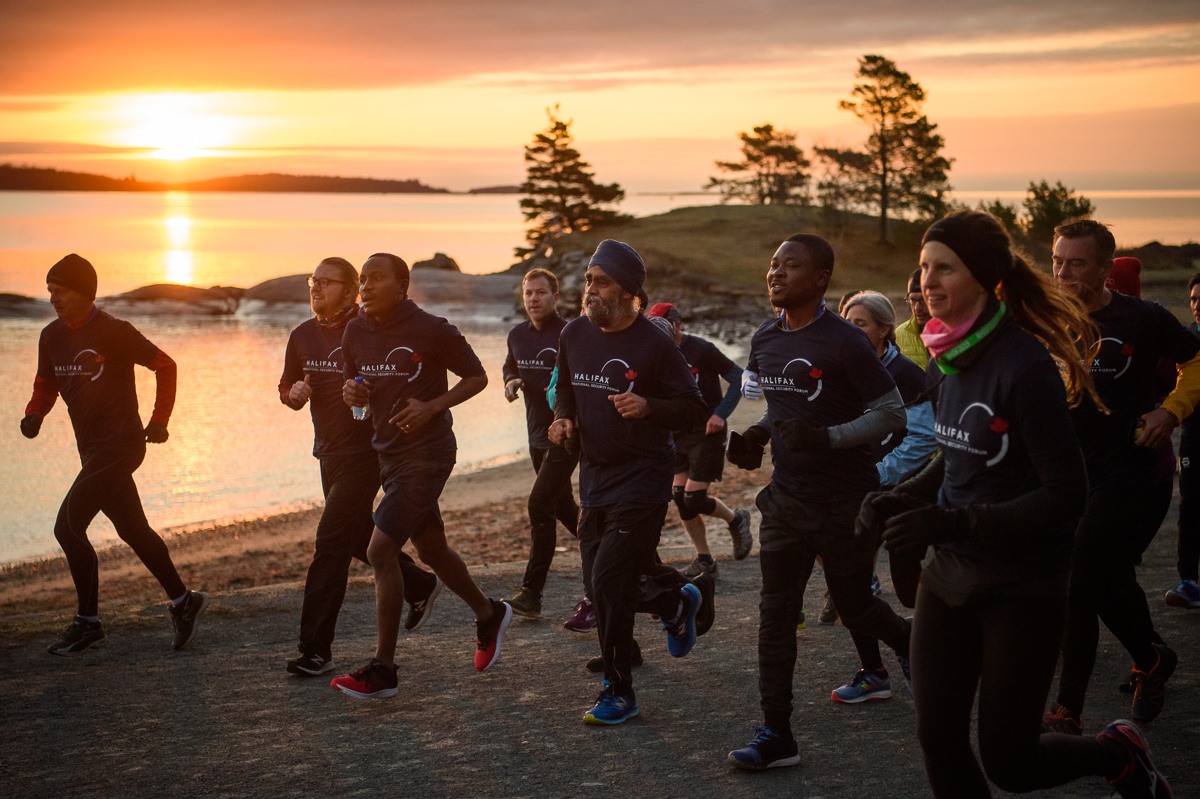
2019 HALIFAX INTERNATIONAL SECURITY FORUM
DATE
November 22-24, 2019
LOCATION
Halifax, Nova Scotia
PARTICIPANTS
300
AGENDA & SPEAKERS
6:00-8:30
Breakfast
LOCATION: Elements Dining Room at the Westin Nova Scotian
8:30-9:15
The John McCain Prize for Leadership in Public Service ON THE RECORD
Presented by Mrs. Cindy McCain
Day Two of the Halifax International Security Forum began with the presentation of the second annual John McCain Prize for Leadership in Public Service. It was awarded by Mrs. Cindy McCain to the People of Hong Kong for their courage in championing democracy in the face of opposition to their human rights. Mrs. McCain said her late husband would have been proud to witness thousands and thousands of human hearts insisting on their own – and future generations’ – freedom and agency.
The Prize was accepted by Emily Lau and Figo Chan, who stand on the metaphorical and literal front lines in Hong Kong’s battle for freedom. Chan highlighted that democratic values not only belong to the people of Hong Kong, but they are shared by us all. Lau expressed her gratitude for the international community’s steadfast support, promising to bring the prize back to Hong Kong and fight on. The struggle continues and many challenges remain, but the people of Hong Kong can be certain of one thing: The world is paying attention.
“It’s unnatural to the human heart to surrender its own agency. That is what’s happening in Hong Kong today”
— Mrs. Cindy McCain, Chair, McCain Institute for International Leadership
“This is a great honour for our people, who are fighting on the streets at this very moment”
— Mr. Figo Chan
“My dear friends, we have a long and difficult road ahead. But it will be gratifying to know that when we are on that journey, we have your support”
— Ms. Emily Lau, Chair of the Foreign Affairs Committee of the Democratic Party, and Former Chairperson of the Democratic Party, Hong Kong
9:15-9:45
Halifax Chat ON THE RECORD
Speakers
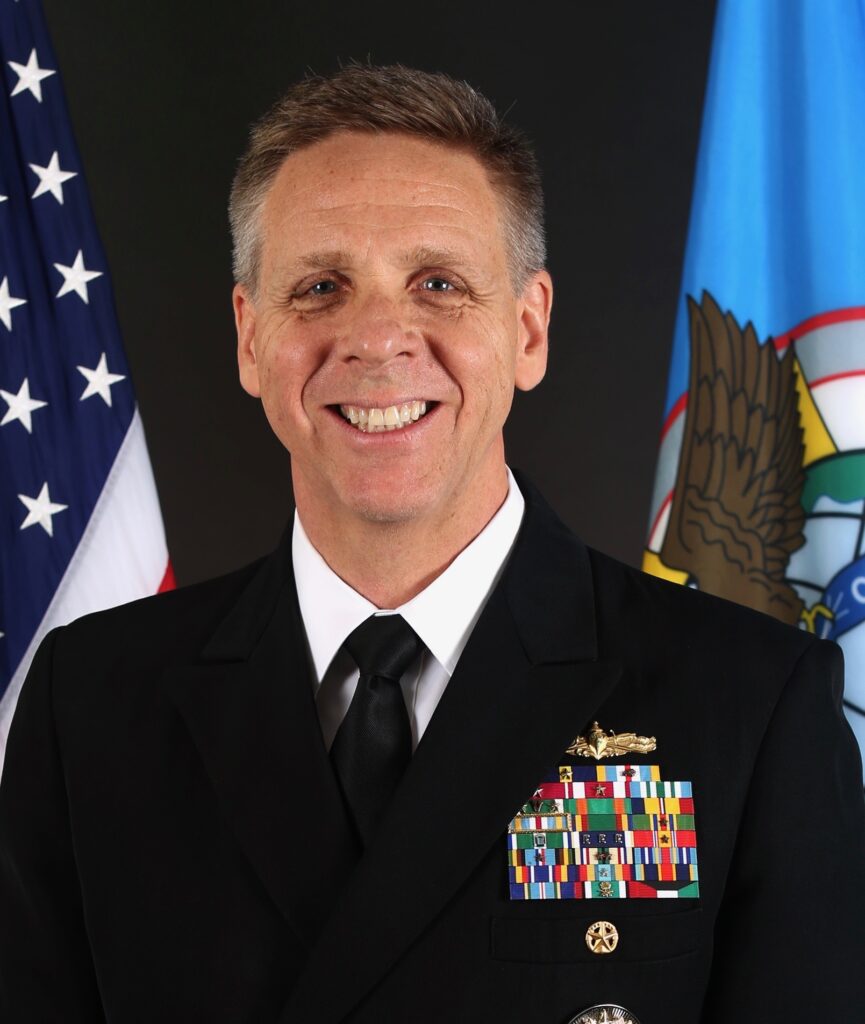
Admiral Philip Davidson
Commander, United States Indo-Pacific Command
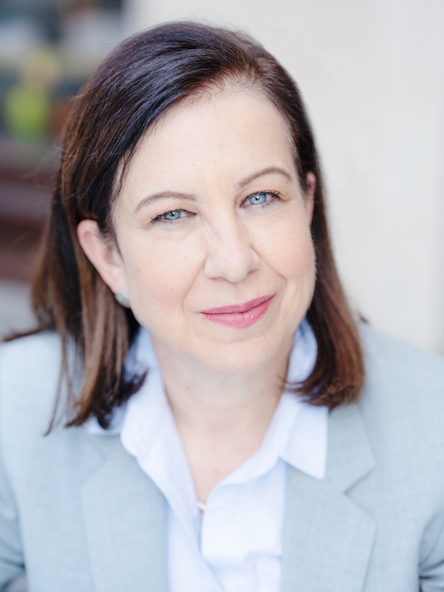
Ms. Lyse Doucet
Chief International Correspondent, BBC
While visiting Beijing last week, former U.S. Secretary of State Henry Kissinger warned that the United States and China are “on the foothills of a Cold War.” The West’s relationship with China is fraught with numerous risks, rewards and rivalries. But are we truly on the verge of a new Cold War?
Lyse Doucet welcomed Admiral Philip Davidson, Commander of the U.S. Indo-Pacific Command, to this year’s second Halifax Chat. Admiral Davidson began by challenging the narrative that a new Cold War is unfolding, he stressed that American values of liberty, democracy, and free trade remain highly competitive across the Indo-Pacific. Rather than containment, the American approach to China is to referee; making sure they play by the world’s long-established rules. In the meantime, the United States will put its money where its mouth is and continue to equip its Indo-Pacific allies with the tools necessary to not only survive, but thrive in the 21st Century.
“Hong Kong is an international city. It’s a city that is steeped in freedom and liberty, and people around the world are watching”
— Admiral Philip Davidson, Commander, United States Indo-Pacific Command
“The message is: freedom is worth defending around the globe. And that requires not just the United States but our allies too”
— Admiral Philip Davidson, Commander, United States Indo-Pacific Command
9:45-10:15
Coffee Break
10:15-11:15
Plenary 3: The World’s Democracies: The Importance of Being Allies ON THE RECORD
Speakers
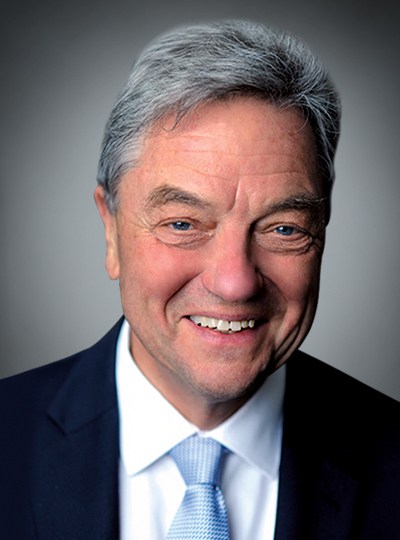
Sir Michael Arthur
President, Boeing International
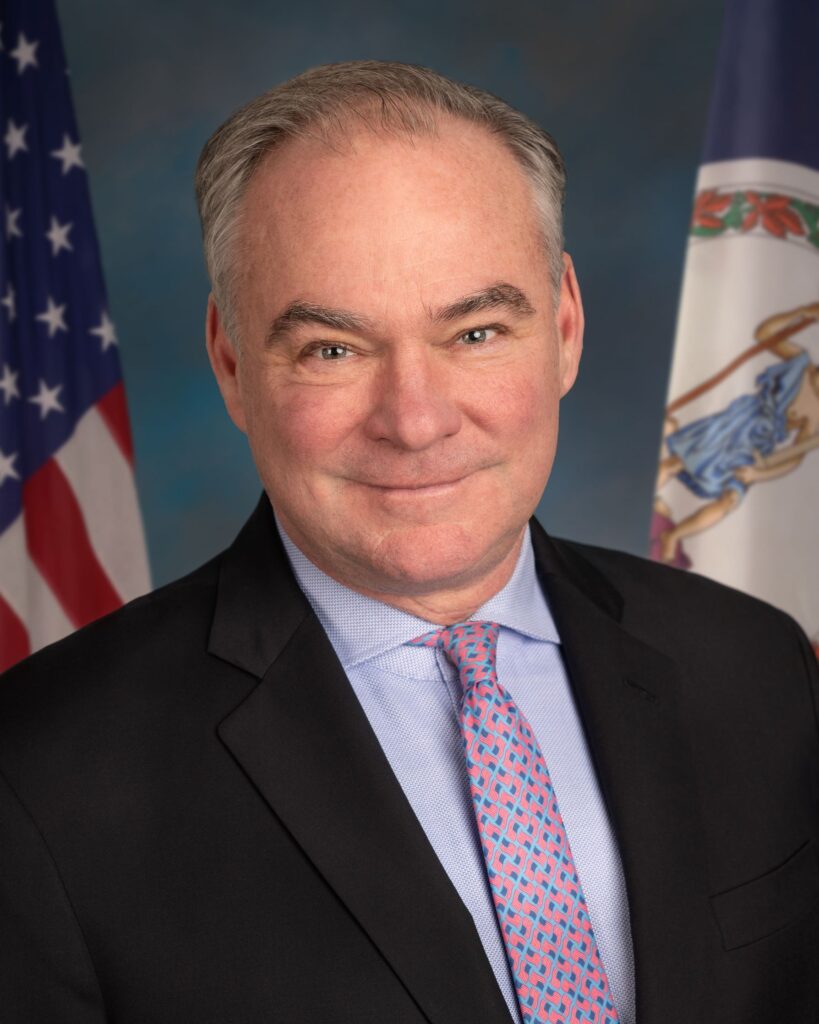
Senator Tim Kaine
United States Senator from Virginia
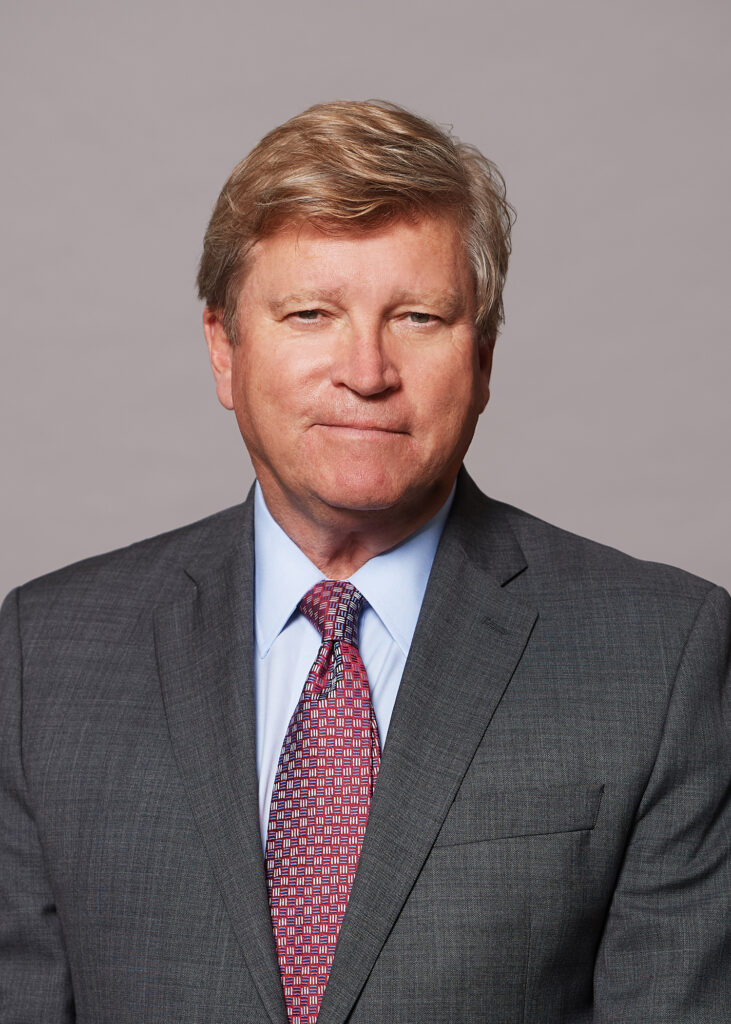
Moderator Mr. Tom Clark
Chair, Public Affairs and Communications, Global Public Affairs
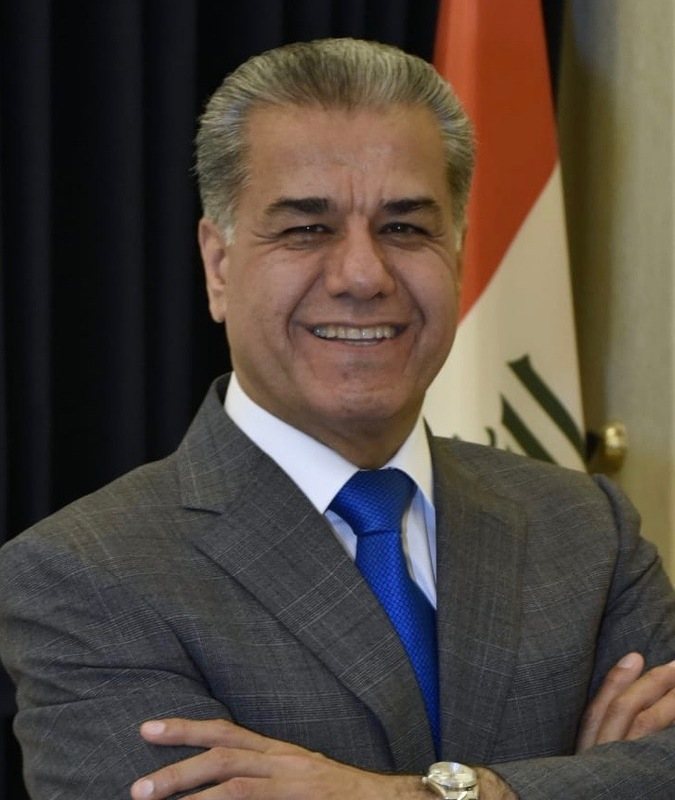
Minister Falah Mustafa Bakir
Senior Foreign Policy Adviser to the President, Kurdistan Regional Government
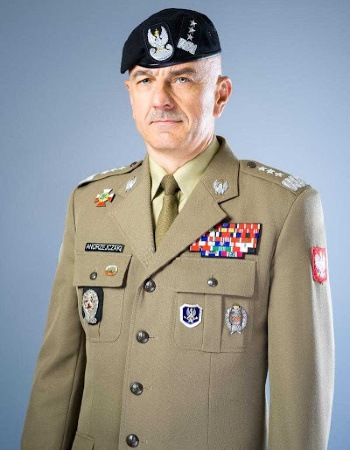
General Rajmund Andrzejczak
Chief of the General Staff, Polish Armed Forces
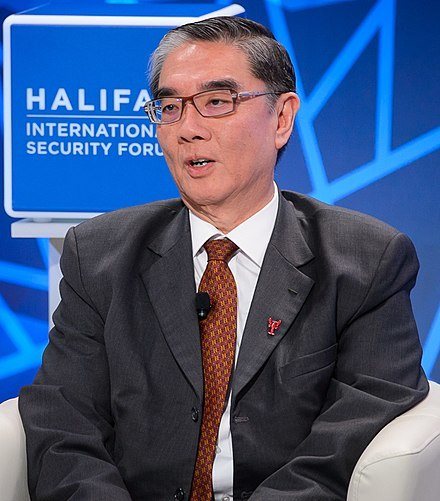
Ambassador Keng Yong Ong
Executive Deputy Chairman, S. Rajaratnam School of International Studies
What does it mean to be an ally with the most powerful nation in the world? Moderator Tom Clark believes that alliances used to be a relationship based on trust and goodwill. Increasingly, it seems that they are transactional and are unpredictable from day to day. Despite the changing nature of alliances in the world, all roads still lead back to Washington D.C. Smaller allies like Canada need to figure out what the new landscape is. What is the new world that we live in? How does this alter the democratic order?
U.S. Senator Tim Kaine thinks that this is a temporary change not a permanent one, but says that allies have every right to be worried. America’s message should be: “You can count on us. And that’s not what’s being projected right now.” Kurdish Minister Falah Mustafa Bakir provided the view from the receiving end of a broken U.S. alliance. “We were left alone,” he said. What does it mean to be an ally when this happens? Who can blame countries for turning to China, when they feel they can’t trust the United States?
It isn’t just shifting politics that redefine alliances. Sir Michael Arthur reminded us that the digital and technological revolution will forever alter how alliances are understood and conducted. America used to be at the forefront of this innovation in space and cybersecurity. Have they dropped the ball as a leader in these industries? At the end of the day, Singapore Ambassador Keng Yong Ong said that alliances may change, but interests do not. Perhaps Poland’s General Rajmund Andrzejczak is correct in reminding us that you cannot buy freedom. You cannot buy values. These are the interests that will never change.
“American foreign policy has paid always looked at Latin America from an east-west axis, not a north-south axis. But we all go by the name “Americans.” We all have deep cultural connections. We should try to go from Patagonia to the Yukon and have more alliances there”
— Senator Tim Kaine, United States Senator from Virginia
“We want to be sitting at the table. We have been on the front line. We have paid the ultimate sacrifice. We opened our doors and borders to host IDPs from Iraq and refugees from Syria”
— Minister Falah Mustafa Bakir, Senior Foreign Policy Advisor to the President of Kurdistan Region of Iraq
“Our strategy is to build a national capacity, to be credible, and be an energizer for other NATO countries”
— General Rajmund Andrzejczak, Chief of the General Staff, Polish Armed Forces
“We need to think about what the existing rules-based international order has given us. There are problems, but they are not so critical that we need to give up everything that we have”
— Ambassador Keng Yong Ong, Executive Deputy Chairman, S. Rajaratnam School of International Studies, Nanyang Technological University in Singapore
“Company to country partnerships is one of the new elements in the global architecture. It doesn’t replace government to government relations, but it plays an important role going forward”
— Sir Michael Arthur, President, Boeing International
11:15-11:45
Coffee Break
11:45-12:45
Plenary 4: Institution Evolution: International Law and Global Order ON THE RECORD
Speakers
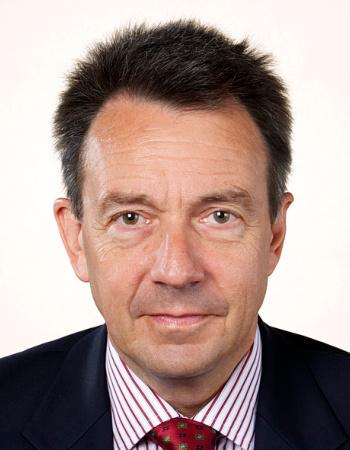
Mr. Peter Maurer
President, International Committee of the Red Cross
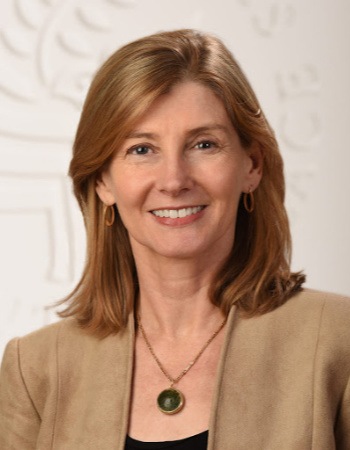
Ms. Nancy Lindborg
President and CEO, United States Institute of Peace
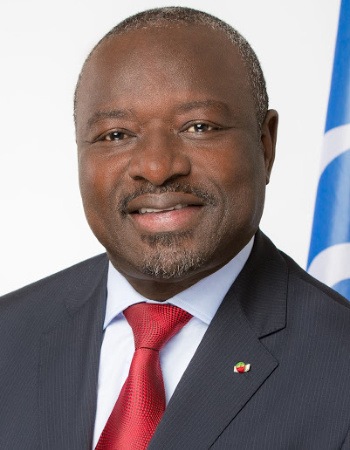
Dr. Lassina Zerbo
Executive Secretary, Comprehensive Nuclear-Test-Ban Treaty Organization
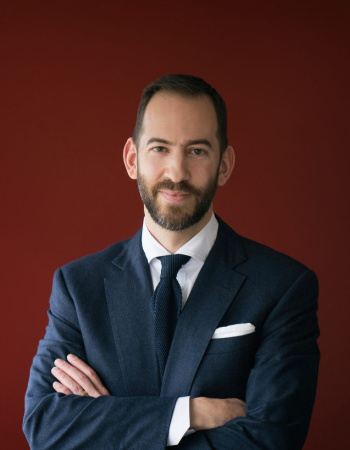
Moderator Mr. Jonathan Tepperman
Editor-in-Chief, Foreign Policy
The times they are a changin’ and global legal institutions are struggling to keep up. As China rises and America retreats, how can institutions circa 1945 stay relevant in 2019? Perhaps the ongoing disruption to the international rules-based order is what’s needed. Call it a recess for our global law and order system. It’s time to take a hard look to see if people in the streets advocating for human rights still have representation. How can we counter the actions of those who seek to keep them silent? Institutional reform must come from within and there’s growing impatience with states that seek to make the rules, then discard them. The world is changing – we can either keep up with it or be painfully left behind.
“The issue today is that we don’t have safe humanitarian space for neutral and impartial humanitarian action based on needs, and not on political needs or priorities”
— Mr. Peter Maurer, President, International Committee of the Red Cross
“I think that we have the opportunity to grasp this moment of extraordinary disruption and violence, but against the backdrop of enormous peace and developments. We all need to double down on figuring out how to breathe back meaning into our values and institutions”
— Ms. Nancy Lindborg, President and CEO, United States Institute of Peace
“You cannot discuss Africa without bringing Africa to the discussion table”
— Dr. Lassina Zerbo, Executive Secretary, Comprehensive Nuclear-Test-Ban Treaty Organization
12:45-14:00
Mid-Day Meal
LOCATION: Atlantic Ballroom
14:00-14:45
Halifax Chat ON THE RECORD
Speakers
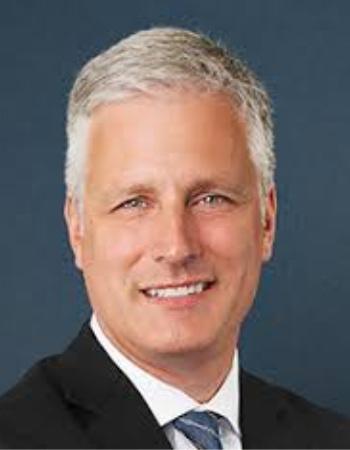
Robert O’Brien
United States National Security Advisor, Executive Office of the President
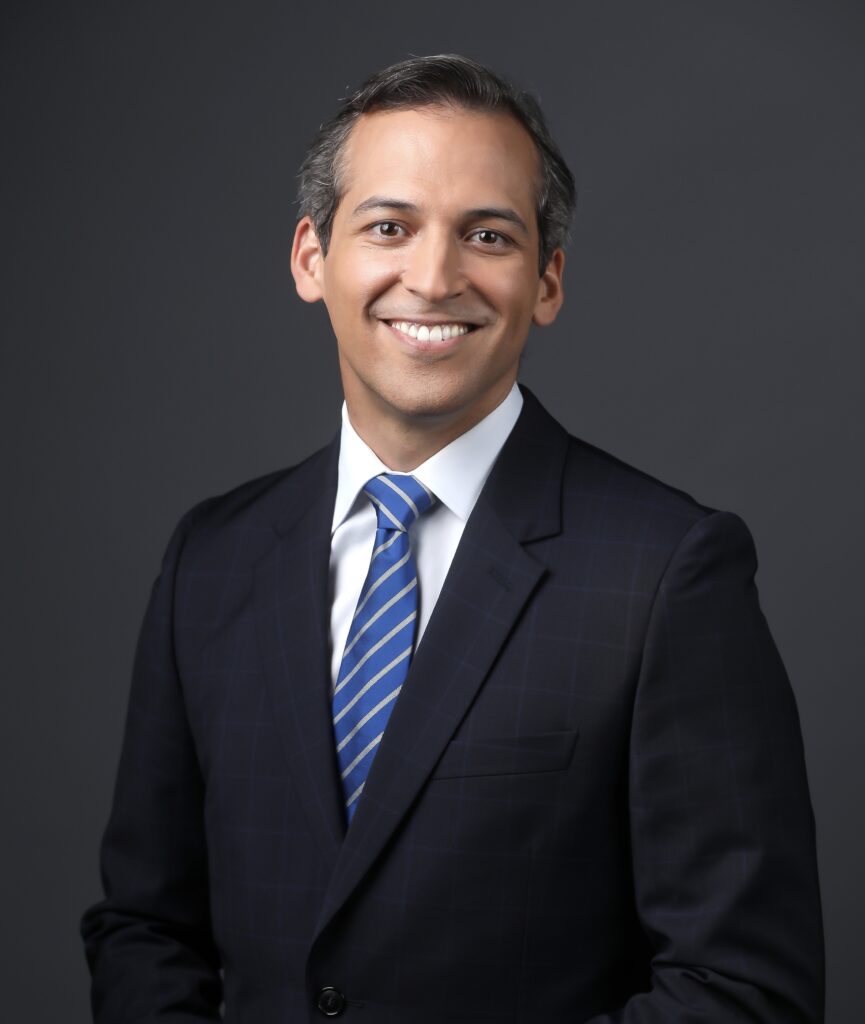
Moderator Mr. Nick Schifrin
Foreign Affairs and Defense Correspondent, PBS NewsHour
Say what you will about President Donald Trump – he certainly has his plate full of challenges from Europe and Africa to Asia and the Middle East. National Security Advisor, Robert O’Brien, is the man tasked with helping deal with them.
During the day’s second Halifax Chat, Nick Schifrin from PBS had the opportunity to talk to Robert O’Brien. The first topic of discussion was no surprise: Ukraine. The country has been at war for years now, but is the United States doing enough to help keep the Russian Bear at bay? O’Brien responded that no other country has been as generous on the world stage as the United States. When crisis hits, when natural disaster strikes, the American government is always the first to offer help. But being generous is not easy. The U.S. has its own problems to deal with at home and must be sure that every cheque sent abroad is being spent effectively.
What about China? According to O’Brien, the issue does not begin and end with the Uyghur re-education camps in Xinjiang. What he worries about most is the surveillance infrastructure that China has built in recent years. With Huawei, this surveillance regime will come right to our doorstep – and it won’t knock before walking in the door.
“I don’t think the President repeats Russian disinformation. We’re going to have to wait and see what the official reports will say. The President ought to be taken at his word”
— Robert O’Brien, National Security Advisor to the President of the United States
“It’s tough to be generous in a way that the U.S. is. We have problems at home, and every dollar we spend abroad is a dollar not spent on single moms in the US”
— Robert O’Brien, National Security Advisor to the President of the United States
14:45-15:45
Plenary 5: 2020s Vision: Responsibility to Pro-Tech ON THE RECORD
Speakers
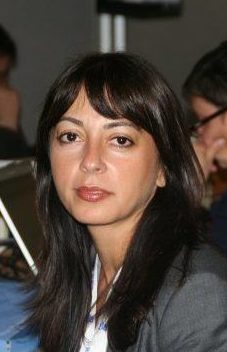
Ms. Golnaz Esfandiari
Senior Correspondent and Blogger, Radio Free Europe/Radio Liberty
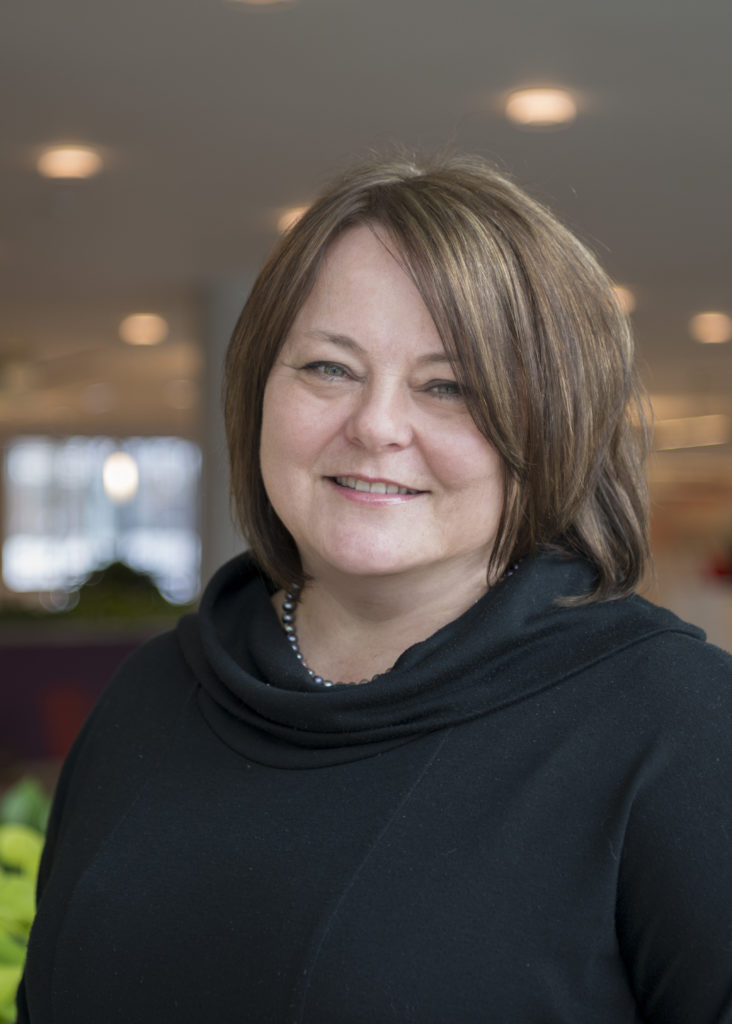
Ms. Shelly Bruce
Chief, Communications Security Establishment
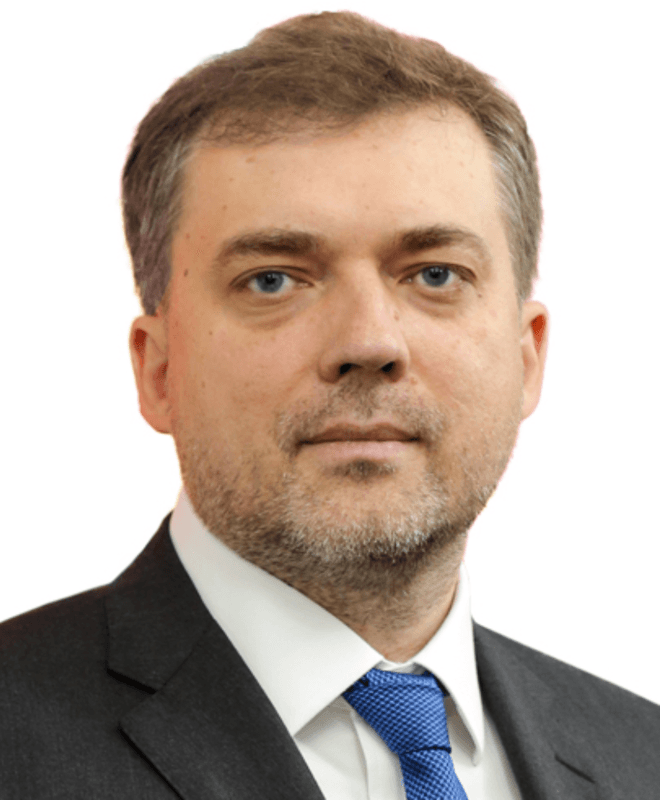
Minister Andrii Zagorodniuk
Minister of Defense of Ukraine
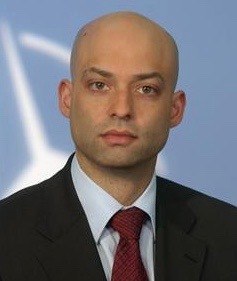
Mr. James Appathurai
Deputy Assistant Secretary General for Political Affairs and Security Policy, North Atlantic Treaty Organization

Moderator Ms. Lyse Doucet
Chief International Correspondent, BBC
We all carry smartphones in our pockets, wear smartwatches on our wrists and keep laptops in our backpacks. These devices have become indispensable. They enable us to remain connected, informed and in tune with the world around us. But what is poised to connect us, may also be the very thing that pulls us apart.
Minister Andrii Zagorodniuk agrees. In a country like Ukraine, where history is being written as we speak, foreign assaults on people’s hearts and minds threaten to derail their very future on a daily basis. The key, according to him, is to keep up. Yet, Shelly Bruce from Canada’s Communications Security Establishment thinks that we should focus on doing more. Resilience is crucial and a capacity to stay one step ahead of such threats can help us remain secure.
But Golnaz Esfandiari reminded us that these threats do not only emanate from foreign actors. In Iran, the government has been using the Internet – intended as a tool for free expression and open dialogue – as an instrument of repression against its own citizens. The fifth plenary of the 2019 Halifax International Security Forum made it clear the threat of cybersecurity is real, complex and present. The question remains: Will we be able to gaze up from our smartphones and start paying more attention to the world around us?
“Do you know how long it takes to hack a simple phone? 60 seconds. It happens all the time”
— Minister Andrii Zagorodniuk, Minister of Defence, Ukraine
“Using cyber attacks, the Iranian government tries to censor journalists even outside of the country”
— Ms. Golnaz Esfandiari, Senior Correspondent and Blogger, Radio Free Europe/Radio Liberty
“It all adds up to be resilient as a nation, so you can raise the bar and the costs against people looking to have a good cyber time”
— Ms. Shelly Bruce, Chief, Communications Security Establishment
“We have a real challenge working with tech industry because we don’t have the expertise and the time. We need the industry to come to us and share”
— Mr. James Appathurai, Deputy Assistant Secretary General for Political Affairs and Security Policy, North Atlantic Treaty Organization
15:45-16:15
Coffee Break
16:15-16:30
Halifax Address
Speakers
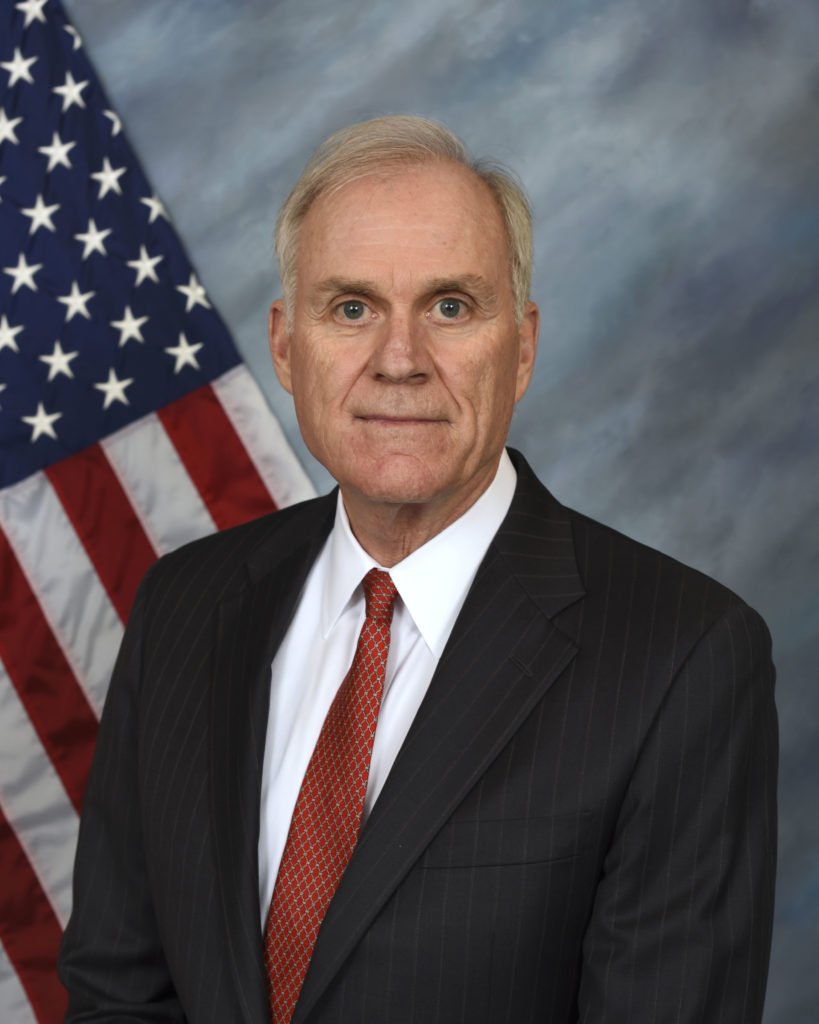
Secretary Richard V. Spencer
Secretary of the Navy, United States
The United States Navy is the most powerful in the world and the only one that can project power to every corner of the globe. Secretary Richard V. Spencer brought fighting words to the Halifax Address this year. He wanted to reassure allies across the world that America stands strong with them.
Although its never their first choice, the United States is ready and willing to engage with those who seek to undermine stability. “We have the resolve,” he said, and “we are willing to deliver the fight no matter what.”
With China and Russia on the rise, uncertainty in the Arctic and digital attacks in cyberspace, Spencer added that no matter the state of politics, there is a military-to-military relationship that is strong and spans all countries big and small.
When nations persist in criminal conduct, the United States is prepared. While they hope that countries will follow the rules, they also keep watch. At the end of the day, if a country shares its democratic values, then they will learn, adapt and innovate together.
16:30-17:30
Plenary 6: End of the Earth: The Arctic On the record
Speakers
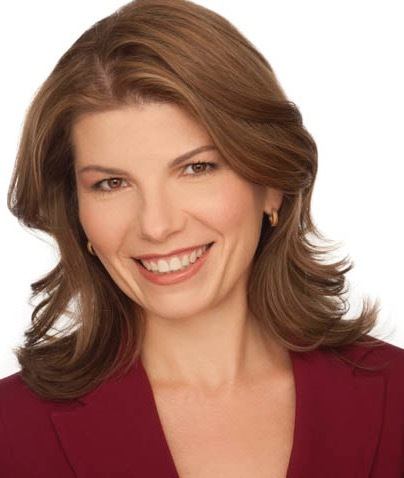
Moderator Ms. Luiza Ch. Savage
Executive Director Canada, and Editorial Director, Cross-Platform Content, POLITICO
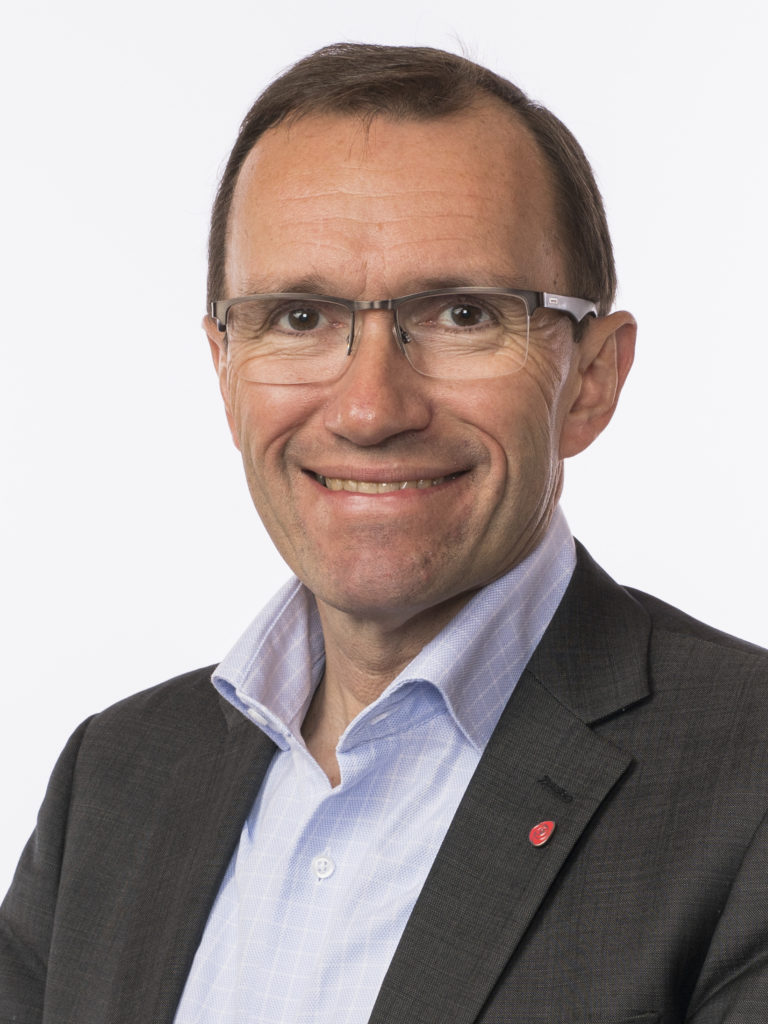
Mr. Espen Barth Eide
Member of Parliament, The Storting, Norway
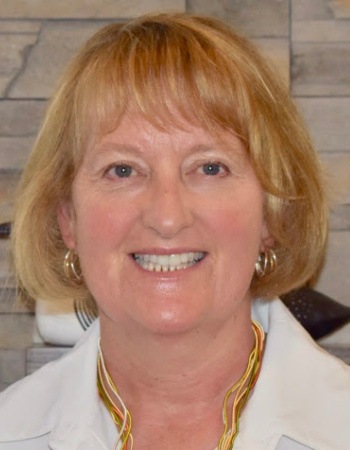
Major General (Ret.) Tammy Harris
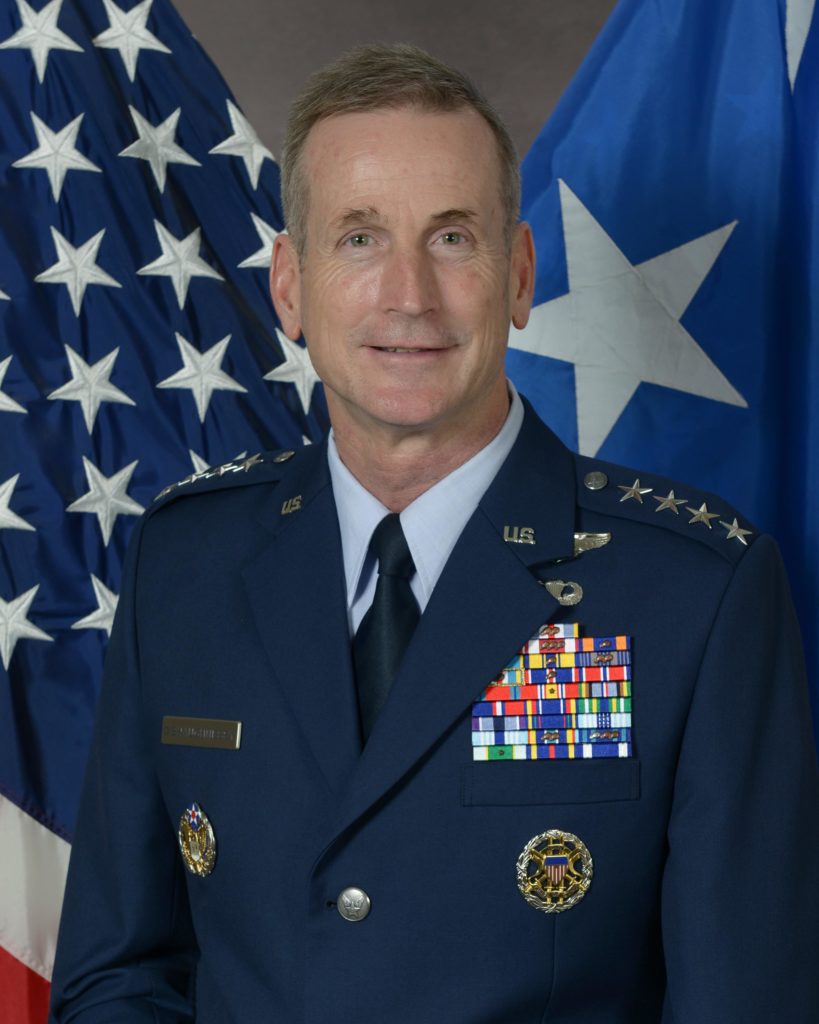
General Terrence O'Shaughnessy
Commander, North American Aerospace Defense Command & United States Northern Command

Secretary Richard V. Spencer
Secretary of the Navy, United States Navy
The true north strong and free? While China dreams of a polar silk road and Russia builds icebreakers, is Canada doing enough to safeguard the land of the midnight sun? Also, climate change is causing the Arctic ice to melt which could lead to a power shift and the beginning of a new global order. How will Canada navigate these drastic changes that are taking place in its own backyard?
Retired Deputy Commander of the Royal Canadian Airforce Tammy Harris believes that Canada is not yet an Arctic leader, but it needs to be. Crafting an effective Arctic strategy means working alongside American neighbours, European allies and the Indigneous peoples of Canada. It means creating an Arctic secure in technology, infrastructure and military capabilities. As China and Russia set their sights on the Arctic, the region is at risk of becoming caught in the crossfire of a great power struggle. Tensions are heating up, along with the planet, and all NATO allies have a shared interest in deciding who will be the king of the north.
“Every nation in this room needs to figure out: what are we going to do in the Arctic? It will be a huge, herculean effort to put an end to what we’ve started”
— General Tammy Harris, Former Deputy Commander, Royal Canadian Air Force
“It is better to let China join our club, than to let them create their own club”
— Mr. Espen Barth Eide, Member of Parliament, The Storting, Norway
“We need to be up in the Arctic and present in order to be attentive to what’s going on, because things could change dramatically in a short period of time”
— Secretary Richard V. Spencer, Secretary of the Navy, United States Navy
“We are not trying to militarize the Arctic, but we need to have the ability to defend ourselves”
— General Terrence O’Shaughnessy, Commander, North American Aerospace Defense Command & United States North Command
18:30
Pre-Dinner Reception
LOCATION: VIA Rail Station
19:30-21:30
Dinner Sessions
Afghanistan and Iraq: America’s Long Goodbye
- WITH: Minister Falah Mustafa Bakir, Senior Foreign Policy Advisor to the President, Kurdistan Regional Government; Ambassador Husain Haqqani, Director and Senior Fellow, South and Central Asia, Hudson Institute
- HOSTED BY: Mr. W. Bruce Weinrod, Adjunct Professor, School of Foreign Service, Georgetown University
Arab Spring Review: Renew
- WITH: Mr. Nadim Houry, Executive Director, Arab Reform Initiative; Mr. Nicolas Tenzer, Chairman, Center for the Study of Research on Political Decision
- HOSTED BY: Mr. Leslie Campbell, Senior Associate and Regional Director, Middle East and North Africa Programs, National Democratic Institute
Brexit Forever
- WITH: Dr. Josef Joffe, Publisher and Editor, Die Zeit, and Distinguished Visiting Fellow, Hoover Institution; Admiral Henri Schricke, Head of Joint International Affairs, French Forces Joint Staff
- HOSTED BY: Lady Pauline Neville-Jones, Member, House of Lords
Brutal Borders
- WITH: Mr. Mark Hetfield, President and CEO, HIAS
- HOSTED BY: Mr. François Lafond, Special Adviser to Deputy Prime Minister for European Affairs, Republic of North Macedonia
The Chinese Century is Coming: That’s What Xi Said
- WITH: Mr. Jim Baker, Director of the Office of Net Assessment, United States Department of Defense; Dr. Masashi Nishihara, President, Research Institute for Peace and Security; Admiral Nirmal Verma, Chief of Naval Operations Distinguished International Fellow, United States Naval War College
- HOSTED BY: Ms. Rosa Brooks, Scott K. Ginsburg Professor of Law and Policy, Georgetown University Law Center
Climate of Conciliation: Reaching the Skeptics
- WITH: Mr. Andy Fillmore, Member of Parliament for Halifax, House of Commons, Canada
- HOSTED BY: Dr. Jerrold Green, President and Chief Executive Officer, Pacific Council on International Policy
Democracy in a Digital World
- WITH: Minister Jüri Luik, Minister of Defence, Ministry of Defence, Estonia; Professor Yascha Mounk, Contributing Editor, The Atlantic and Associate Professor, Johns Hopkins University
- HOSTED BY: Mr. Robin Shepherd, Vice President, Halifax International Security Forum
India à la Modi
- WITH: Ms. Farahnaz Ispahani, Former Member of Parliament, Quami Assembly, Pakistan; Mr. Dhruva Jaishankar, Director, US Initiative, Observer Research Foundation; Ms. Ruhee Neog, Director, Institute of Peace and Conflict Studies
- HOSTED BY: Dr. Alyssa Ayres, Senior Fellow for India, Pakistan, and South Asia, Council on Foreign Relations
Iran Provokes, the World Chokes
- WITH:Mr. Dov Zakheim, Senior Advisor, Center for Strategic and International Studies; Mr. Jason Rezaian, Global Opinions Writer, The Washington Post
- HOSTED BY: Dr. Mara Karlin, Director, Strategic Studies Program, Paul H. Nitze School of Advanced International Studies, The Johns Hopkins University
Israel’s Friends, and Neighbors
- WITH: Professor Gerald Steinberg, President and Founder, Institute for NGO Research, and Professor, Political Studies, Bar Ilan University
- HOSTED BY: Dr. Eliot Cohen, Deal, Paul H. Nitze School of Advanced International Studies, Johns Hopkins University
NATO@70: The Trials and Tribulations of Being America’s Ally
- WITH:Dr. Sławomir Dębski, Director, Polish Institute of International Affairs; Mr. James Appathurai, Deputy Assistant Secretary General for Political Affairs and Security Policy, NATO; Mr. Roderich Kiesewetter, Member, The Bundestag; Dr. Artis Pabriks, Minister of Defence, Ministry of Defence, Latvia
- HOSTED BY: Mr. Roland Paris, Professor of International Affairs, University of Ottawa
Our Allies: Our China Challenge
- WITH: Professor Richard Heydarian, Research Fellow, National Chengchi University, and Columnist, Philippine Daily Inquirer; Mr. Szu-Chien Hsu, Director of the Board, Institute for National Defense and Security Research, Taiwan
- HOSTED BY:Mr. Randy Scheunemann, Senior Counselor, Halifax International Security Forum
Russia and China in Africa: The New Scramble
- WITH: Pastor Esther Ibanga, Pastor, Jos Christian Missions International, and Executive Director and Founder, Women Without Walls Initiative; Deputy Minister Thabang Makwetla, Deputy Minister of Defense, Ministry of Defense, South Africa
- HOSTED BY: Dr. Jean-Marie Guéhenno, Member, High-Level Advisory Board on Mediation, United Nations and Senior Advisor, Centre for Humanitarian Dialogue
Space: The Final Command
- WITH:Mr. Michael Brown, Director, Defense Innovation Unit; General Stephen Wilson, Vice Chief of Staff, United States Air Force
- HOSTED BY: Dr. Ian Brodie, Director of Studies, Canadian Foreign Affairs Institute
Sudan’s Success: Transition in Progress
- WITH: Dr. Comfort Ero, Africa Program Director, International Crisis Group
- HOSTED BY: Dr. John Glenn, Policy Director, US Global Leadership Coalition
Tokyo – Seoul: Past Problems, Future Friends
- WITH: Mr. Seung-joo Baek, Member of the National Assembly, The Daehan Minguk Gokhoe, Republic of Korea; General Noboru Yamaguchi, Advisor, Sasakawa Peace Foundation
- HOSTED BY: Ambassador Mark Lippert, Vice President, International Government Affairs, Boeing International
Trading with Trump: Art of the Deal
- WITH: Mr. Tsuneo Watanabe, Senior Fellow, International Peace and Security Department, Sasakawa Peace Foundation
- HOSTED BY: Dr. Luis Rubio, Chairman, Mexican Council on Foreign Relations
Turkey: It’s Istanbul, Not Constantinople
- WITH: Mr. Yusuf Müftüoglu, Managing Partner, CRA Strategic Advisory
- HOSTED BY: Ambassador Matthew Bryza, Non-Resident Senior Fellow, Din Patriciu Eurasia Center, Atlantic Council
Ukraine: All Hands On
- WITH: Ambassador Paula Dobriansky, Senior Fellow, The Future of Diplomacy Project, Belford Center for Science and International Affairs, Harvard University; Mr. Matt Fisher, Commentator, Global News; Minister Andrii Zagorodniuk, Minister of Defence, Ministry of Defence, Ukraine
- HOSTED BY: Ambassador Jakub Wiśniewski, Vice President, GLOBSEC, and Director, GLOBSEC Policy Institute
Venezuela: Revolution Betrayed
- WITH: Mr. Ben Rowswell, President, Canadian International Council; Ambassador Carlos Vecchio, Ambassador of Venezuela to the United States, National Assembly, Venezuela
- HOSTED BY: Mr. David Smolanksy, Envoy for Venezuelan Migration and Refugee Crisis
White Supremacists and the Changing Face of Terror
- WITH: Mr. Scott Carpenter, Director of Policy, Jigsaw; Dr. Hans-Jakob Schindler, Senior Director, Counter Extremism Project
- HOSTED BY: Mr. C. Dixon Osburn, Adjunct Fellow, American Security Project
Who’s Your Data?
- WITH: Ms. Izabela Albrycht, Chair, Kosciuszko Institute; Mr. Richard Fadden, Senior Advisor, Capitol Hill Group; Mr. Chris Brose, Head of Strategy, Anduril Strategies, and Senior Fellow, Carnegie Endowment for Peace
- HOSTED BY: Mr. Dean Fealk, Chair, Global Strategy & Innovation, Halifax International Security Forum, and Partner, DLA Piper
In Pictures
[rl_gallery id=”1780″]
